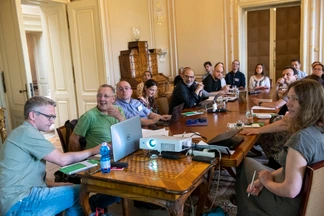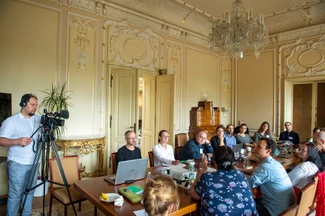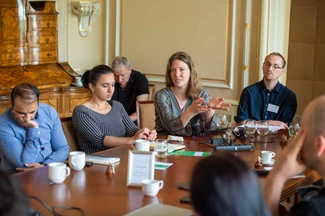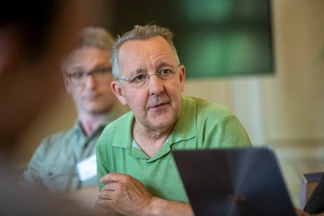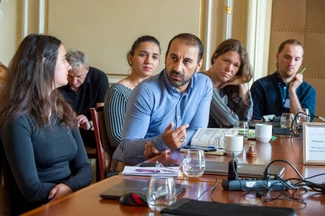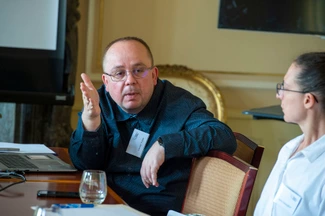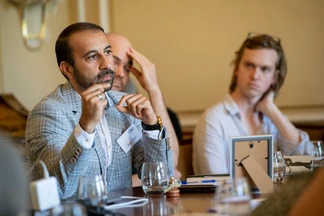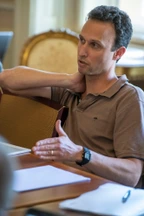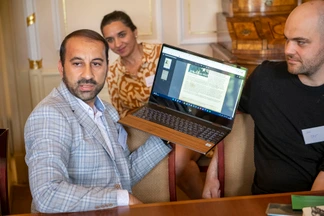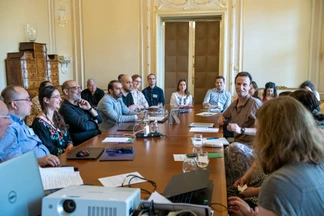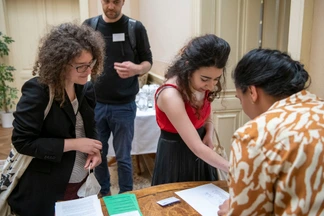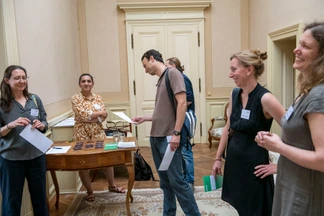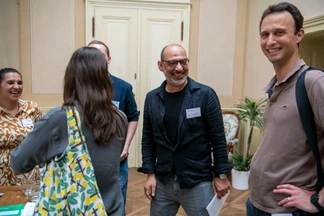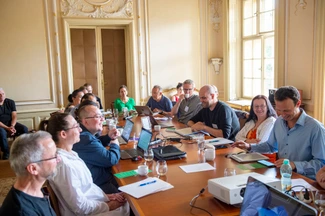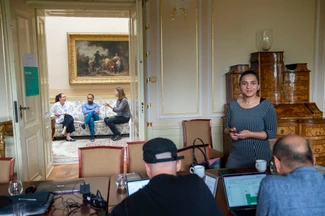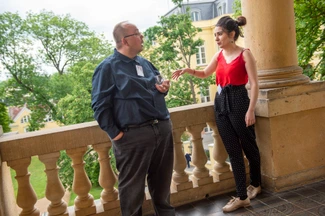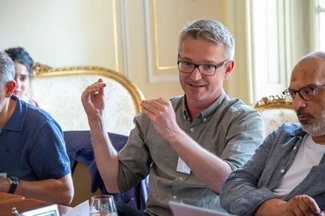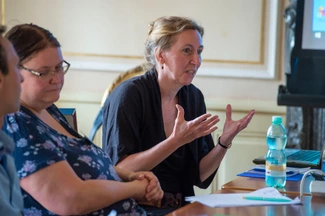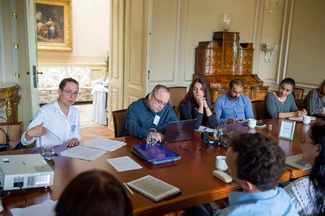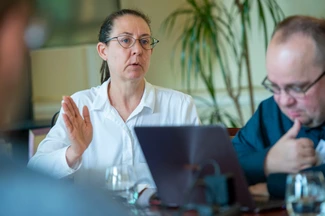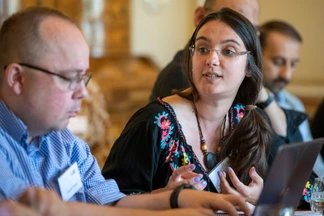Romani History – Methods, Sources, Ethics
International Conference
8-9 June 2022
Organizers:
Ari Joskowicz (Vanderbilt University)
Kateřina Čapková (Institute of Contemporary History, Czech Academy of Sciences)
Martin Fotta (Ethnological Institute, Czech Academy of Sciences)
Helena Sadílková (Faculty of Arts, Charles University)
Until recently, research on Romani histories was overshadowed by the contributions of ethnologists, philologists, musicologists, anthropologists, and sociologists to the field of Romani Studies. However, in the last decade, novel research initiatives have contributed substantially to the development of an emergent field of Romani history. The present workshop explores the potential of research on the Romani past to illuminate and enrich broader issues in historical research. Concurrently, it aims to examine the methodological, ethical, and practical challenges inherent in conducting historical research within the context of Romani studies.
The conference will center on the responsibilities of Romani and non-Romani historians concerning Romani narratives and the limitations of their capacity to engage with them. It will also address the following topics: the manner in which academic work can be conceptualized in terms of social capital and gatekeeping when studying populations that have historically been deprived of opportunities for economic and social mobility; ethical concerns regarding the use of private documents and oral history research in the context of people who are subjected to discrimination and state surveillance; and ultimately the capacity of the digital humanities to either ameliorate or exacerbate inequalities in terms of access to information and privacy rights.
In order to explore new paths and persistent challenges in the field, concrete examples from Romani history are examined, irrespective of period or region, in order to facilitate further methodological reflection. It has become a widely accepted truth within the field that it is challenging to locate unmediated access to Romani voices in archives. This endeavor aims to delve into these erasures within the broader discourse in other history subfields concerning silenced voices, unacknowledged methodological assumptions, and the evolution of archives.
